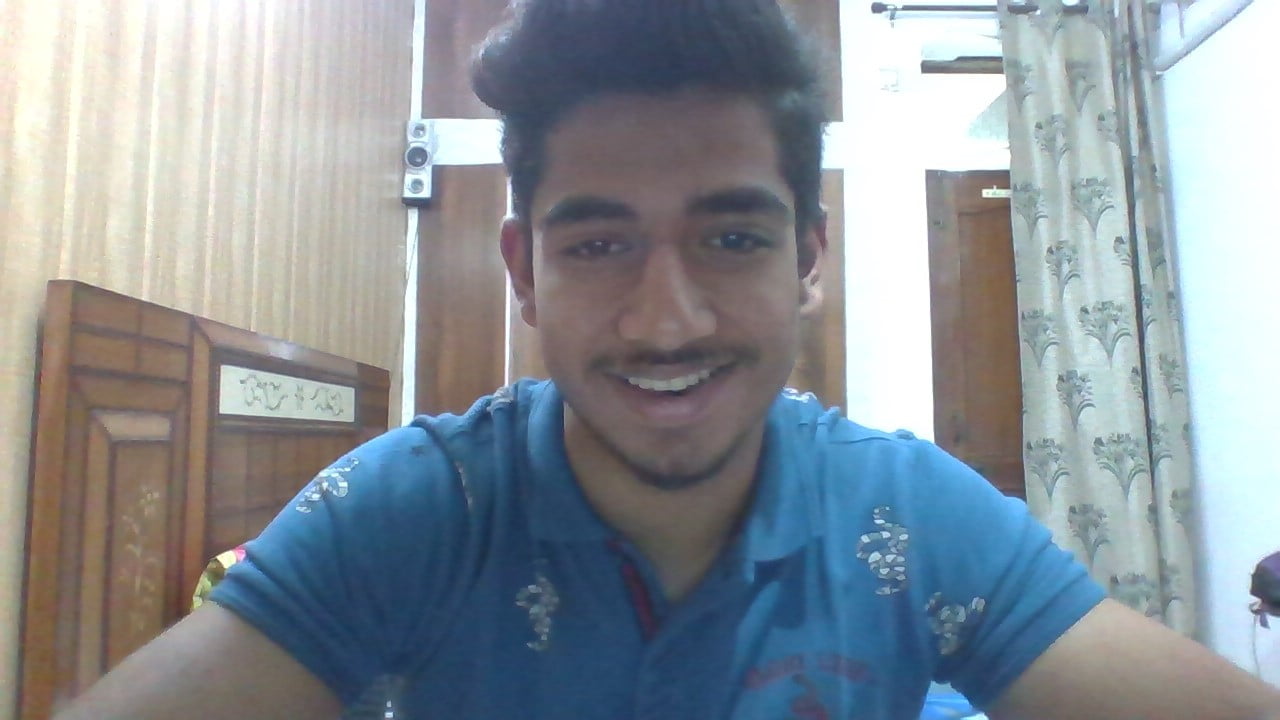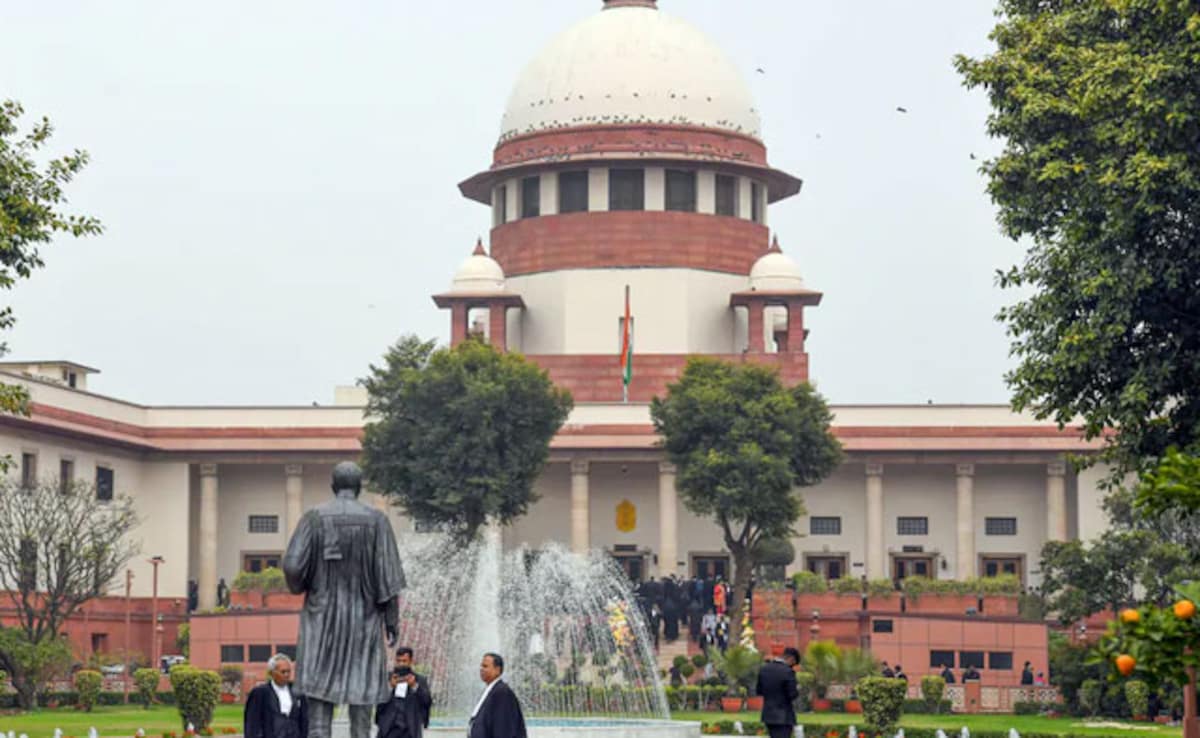
New Delhi:
On Monday, the Supreme Court has given a historic verdict on watching child pornography and keeping it on your phone or laptop. The Supreme Court said that it is not necessary that if you have child porn in your phone, then you will become a criminal. But if someone forwards you child porn and you download it or watch it, then you will fall in the category of crime. The court made it clear that downloading and watching child pornography is kept in the category of crime under the POCSO Act. So let us tell you what is this whole matter related to child pornography and how this matter reached the Supreme Court…
- The order was passed in an appeal filed by NGO Just Right for Children Alliance against the high court verdict that had held that viewing child pornography in private was not a crime.
- In that High Court decision, Justice N Anand Venkatesh had said that downloading or simply viewing child pornography on one’s personal electronic device is not a crime under the POCSO Act and the IT Act.
- The High Court made these observations while quashing the proceedings initiated against a man named S Harish. A case was registered against Harish under the POCSO Act and the IT Act for downloading and watching two child pornography videos on his mobile.
- Hearing the case in March, the Supreme Court said the high court’s comments were “abhorrent”.
- The Kerala High Court recently said that downloading child pornography accidentally or voluntarily is not a crime under the Information Technology Act.
- In 2022, the Supreme Court had refused to consider a plea seeking direction to the Bureau of Police Research and Development (BPRD) to collect data to unearth the link between pornography viewing and sexual crimes.
- In India, the POCSO Act 2012 and the IT Act 2000, among other laws, criminalise the creation, distribution and possession of child pornography.
- The Supreme Court has also said in its decision that now the courts will not use the term child pornography.
- The Supreme Court has said in its decision that if someone sends you child porn related material on social media then it is not a crime but if you watch it and send it to others then it comes under the purview of crime. No one becomes a criminal just because someone has sent him such a video.
Thank you for taking the time to read this article! I hope you found the information insightful and helpful. If you enjoyed this type of content, please consider subscribing to our newsletter or joining our community. We’d love to have you! Feel free to share this article with your friends and family, who might also find it interesting.

Kanishk Singh has always had a keen interest in fast-paced cars. For the past three years, he has been writing about automobiles, but his fascination with cars dates back even further. He thoroughly enjoys learning about their features and expressing his thoughts through his writing. Kanishk also has a profound interest in the stock market, shares, and business strategies. He possesses a wealth of knowledge on these subjects and consistently writes articles on them. Currently, he is working as a writer for Lattestnews24, specifically focusing on the Automobile, Finance, and Business categories. His well-crafted words are highly appreciated by the readers, as they find them both informative and creative.
